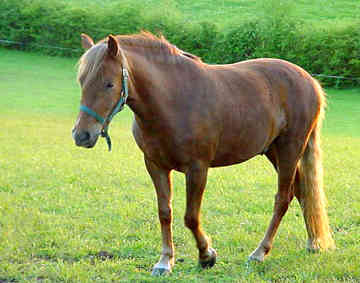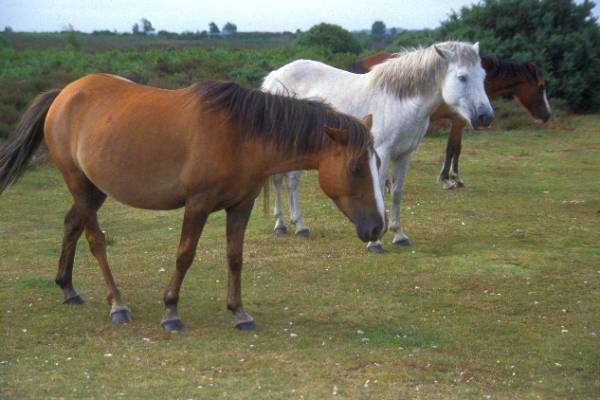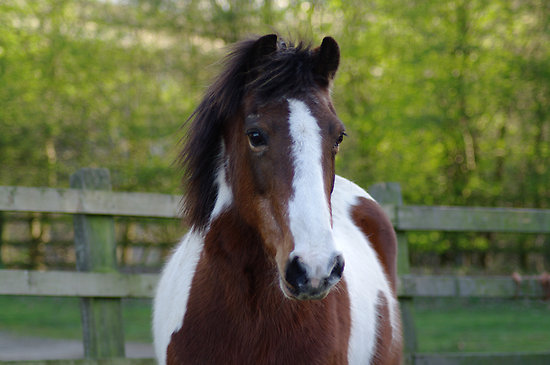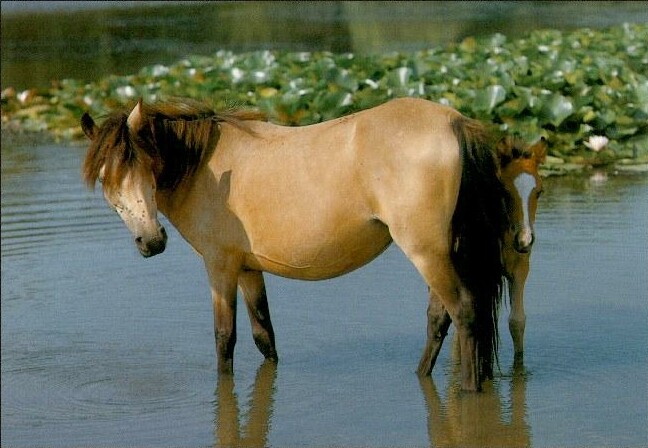



|
New Forest Qualities
The New Forest horse is a version that is considered to be agile and very tough. They are versatile creatures with a vast amount of intelligence. The New Forest horses have many uses, such as harness work, riding, performing in competitions, and also an excellent choice for children to learn how to ride. They can be found in Scotland, Ireland, Wales, Northern France, England, and are notably well known in the Southampton area. Oddly enough, this breed has been influenced by several other styles but yet still remains true to its roots, with just over fifty years of being a full bred horse.
New Forest Temperament
The temperament of the New Forest horse is that of patience and calmness. This sweet temperament can be a reference from residing in any climate range for years, and also for having the pathology of a very timid horse. Being so adaptable makes them a very popular style of horse that many wish to own.
New Forest Appearance
The New Forest horse is an attractive pony. They stand at around fourteen hands in full grown size and have slender legs. A longer back, along with strong quarters, make them stable and very strong creatures. They also bode hard feet and a smaller rib cage needed for excellent jumping and being versatile all around. While this animal is small, they are very strong and have a great ability to jump.
New Forest Upkeep
The New Forest horse is a simple breed to care for. They are gentle enough to work on a farm for years riding around children, or they can be used for cattle herding and otehr hard work. Considering they can easily adapt to any climate range and work responsibility with what they are given, they are generally thought of as a common breed in England. They do not bode any major health issues.
New Forest History
The New Forest breed of horses comes from Southern England. They are considered elegant and wise, as well as being very pleasing animals. A style of pony that has been around for a very long time, they were originally bred in the New Forest area where they enjoy grazing for long periods of time. Not described as a Feral breed of horses, they required their owners to afford their bill for them to be allowed to graze. They were quickly cross bred with several other styles of horses such as Arab, Welsh, Hackney, and Thoroughbred types. One day, a small pony horse by the name of Field Marshall had a significance to the changing of this breed and their qualities. They opened their own studbook in the early nineteen hundreds and have been a popular breed in the United Kingdom ever since.
|